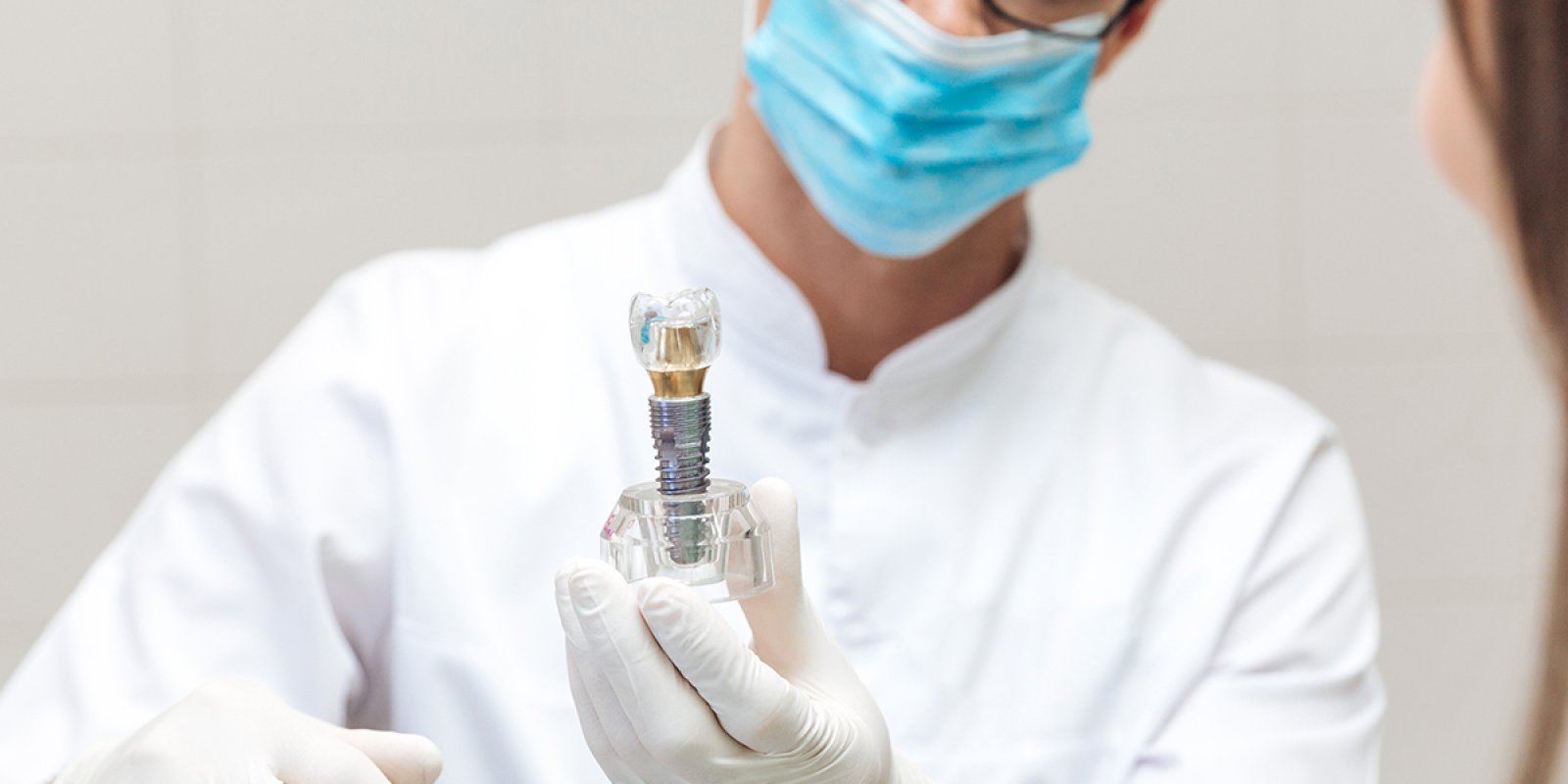DENTAID EXPERTISE
News for dentistry professionals
The effects of a new mouthrinse containing Clorhexidine, Cetylpyridinium Chloride and Zinc Lactate
18 Sep 2012
Authors: S. Roldan, E. G. Winkel (Clinic for Periodontology, Amsterdam), D. Herrera (Universidad Complutense de Madrid), M. Sanz (Universidad Complutense de Madrid) y A. J. Van Winkelhotf (Academic Centre for Dentistry, Amsterdam)
Objective
To assess the microbiological effects of a Halita mouthrinse formulation in oral halitosis patients.
Methods
This double-blind, placebo-controlled study was conducted in two centres where 40 participants were included. Inclusion and exclusion criteria were used to screen patients. At the start of the study and 2 weeks after treatment, organoleptic scores for overall mouth smell, level of volatile sulphur compounds (VSC) and the Winkel Tongue Coating Index were recorded. Standardised samples of tongue coating, saliva and subgingival plaque were microbiologically analysed. Participants were randomly assigned to either the test or the placebo group.
Results
High levels of Fusobacterium nucleatum, Prevotella intermedia and Porphyromonas gingivalis were found in tongue coating, saliva and subgingival plaque samples. A significant positive correlation was also found between the total initial count of P. gingivalis in the saliva samples and the organoleptic and VSC scores. Two weeks after treatment, a reduction in the total count of anaerobes was observed in all test group samples. A significant positive correlation was also found in the test group between the reduction in total count of saliva samples and the reduction in organoleptic scores. Lastly, a significant reduction was observed in the total count and proportion of F. nucleatum and the total count of P. intermedia in tongue coating samples from the test group.
Conclusions
This study has shown the efficacy of the mouthrinse in reducing the microbiological parameters in three oral niches in non-periodontitis patients with moderate to severe halitosis, and this proved to be correlated with improvement of organoleptic and VSC scores, but not with tongue coating scores. Reference The effects of a new mouthrinse containing chlorhexidine, cetylpyridinium chloride and zinc lactate on the microflora of oral halitosis patients: a dual-centre, double-blind placebo-controlled study.
Bibliography
- Journal of Clinical Periodontology 2003; 30: 427-434
RELATED ARTICLES

18 Jun 2020
PERIO·AID® BIOADHESIVE GEL IMPROVES HEALING AND RESTORATIVE EFFICACY AFTER ORAL SURGERY
A clinical trial has shown the regenerative properties of PERIO·AID® Bioadhesive gel after surgical removal of two third molars. Evaluation* of the…

10 Mar 2020
Improving clinical outcomes in patients with peri-implant mucositis through mechanical control of biofilm and accompanying mouthwash
Mechanical control of biofilm by the dental clinic practitioner, as well as by the patient, together with an adjunctive chlorhexidine and…

27 Jun 2019
ANTIBACTERIAL PREVENTION IN TITANIUM DENTAL IMPLANTS
This study will be useful for the future development of antibacterial strategies preventing incidence and progression of peri-implantitis in patients…
Sign up for the DENTAID Expertise newsletter
Sign up for the newsletter